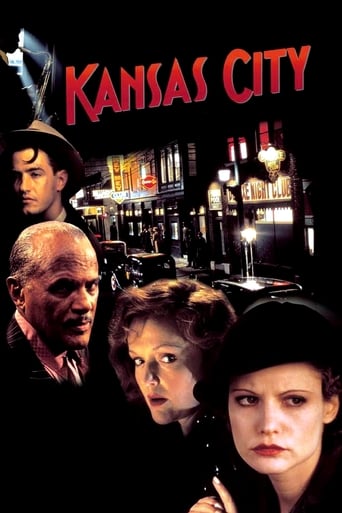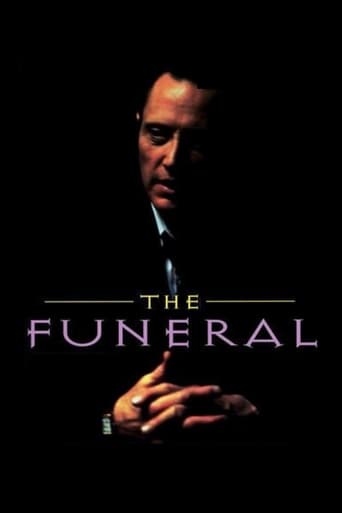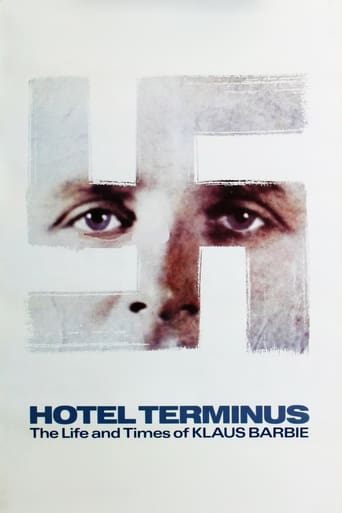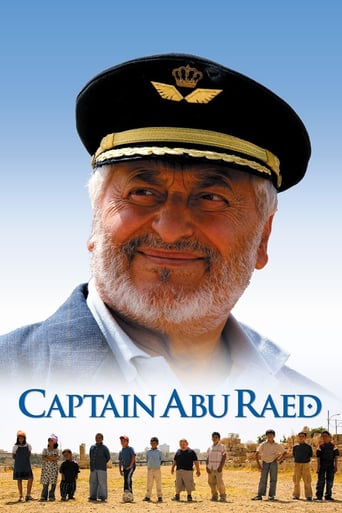


Andrei Rublev
An expansive Russian drama, this film focuses on the life of revered religious icon painter Andrei Rublev. Drifting from place to place in a tumultuous era, the peace-seeking monk eventually gains a reputation for his art. But after Rublev witnesses a brutal battle and unintentionally becomes involved, he takes a vow of silence and spends time away from his work. As he begins to ease his troubled soul, he takes steps towards becoming a painter once again.
-
- Cast:
- Anatoliy Solonitsyn , Ivan Lapikov , Nikolay Grinko , Nikolai Sergeyev , Irma Raush , Nikolay Burlyaev , Yuriy Nazarov


Similar titles


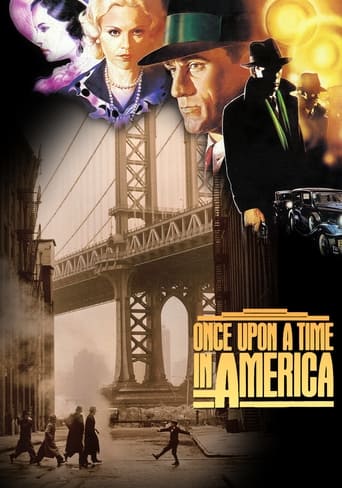
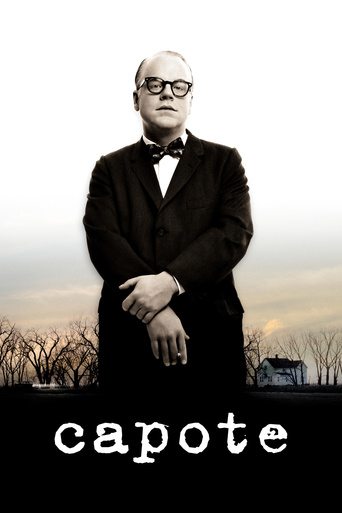
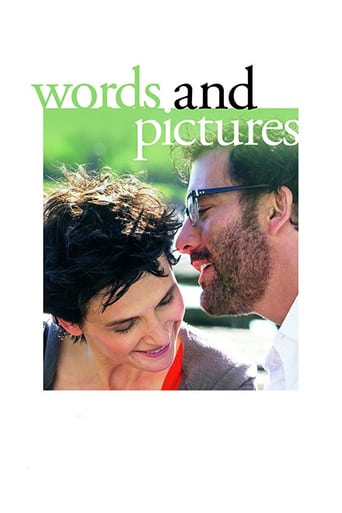
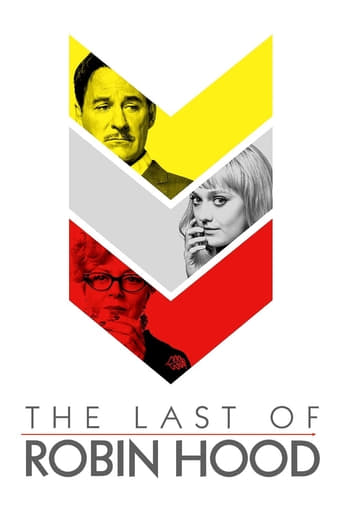

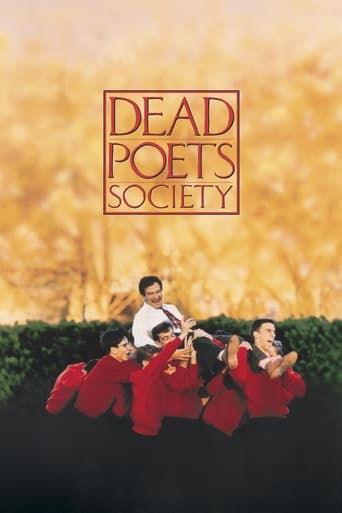
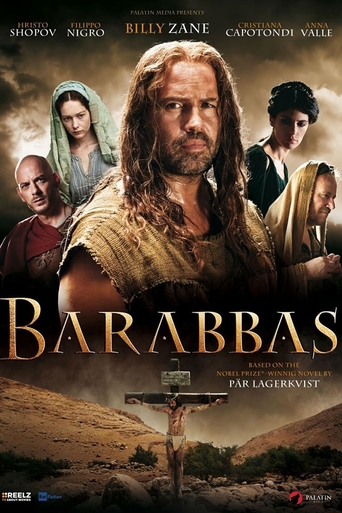
Reviews
Save your money for something good and enjoyable
If the ambition is to provide two hours of instantly forgettable, popcorn-munching escapism, it succeeds.
As somebody who had not heard any of this before, it became a curious phenomenon to sit and watch a film and slowly have the realities begin to click into place.
A terrific literary drama and character piece that shows how the process of creating art can be seen differently by those doing it and those looking at it from the outside.
ANDREI RUBLEV is another slow and ponderous movie from Russian director Andrei Tarkovsky, a man best known in the west for his lengthy sci-fi effort SOLARIS. This one's even less accessible to the average cinema goer, featuring a dense plot loaded with religious content. The story is about a real life Russian painter of the 15th century, told in various illustrative chapters.I admit that I found the subject matter of this film rather off-putting and the lengthy running time even more so. Tarkovsky's film is picturesque and beautiful, yes, but not on the same level as Bergman, for example. I liked the way the story is broken up into chapters but much of the material seems deliberately pious and the mannered performances don't help. The most dramatic part is a Tartar raid around the midway mark, but sadly this moment features some real-life animal cruelty that makes the experience rather repellent.
Bergman wrote in his autobiography, this is the best film ever made and I find it very difficult to disagree. After watching Tarkovsky's films one cannot be the same person unless he is completely dry inside. I can find so few films that can stand beside Andrei Rublev! and many of them are again Tarkovsky's! We are so grateful for all this man left us - and it is only 7 films. Others would make dozens and would not reach Tarkovsky even if they lived a thousand years. The distances inside this man's work are simply immense.
Some beautiful, some terrible, some peaceful, some violent. The great Russian icon painter Andrei Rublev lives among the great turmoil in Russia's 15th century with princes' fights and rivalries, Tatar invasions and heathens' ceremonies. There are also religious discussions and faith affirmations among the characters suitable to an epoch of intense spiritual religious life like it were Middle Ages. There are extraordinary sequences like for instance the sack of Vladimir and the casting of the huge bell for the prince. Andrei Rublev goes through all this somehow anguished and without feeling to decide to go painting the icons on the Trinity Monastery like he had been asked to. At last and after the bell was built and put to work he finally decides to go to the Monastery and paint those admirable icons we can see at the end of the movie.
This is the second of Tarkovsky's films that I've seen, and on first viewing I can detect deep and very individual stylistic similarities with "Stalker." But "Andrey Rublev" is a still broader and deeper film, and I can also tell on first viewing that I will want to watch it again, and that the opportunity to do so will uncover worlds more. In fact, this is a difficult comment to write because it seems like any attempt to encapsulate the experience of this film in less that it's slow, still, and sometimes turbulent full length would be in vain. This is ostensibly a film about the medieval Russian painter Andrey Rublev, but Tarkovsky has taken the opportunity to make it a film that is really simultaneously a stunningly full portrait of the both loft and low Russia of his day, and a meditation on the nature of power, art, and religious faith.It moves at a deliberately very slow pace, but in every long, still shot where life is allowed to play out without the boundaries imposed by quick cuts, something subtly and revealingly fascinating goes on. We follow a half-nonsense peasant dance, for example, for longer than we would ever expect in a film, and that length is at once uncomfortable an very revealing. It's beautifully photographed, and must have had lavish resources behind its simple-looking recreation of a rural Russia of centuries ago. It's easy to see why the Soviet government was divided and eventually changed its mind on the release of such a beautiful film, honoring a national hero, but showing Christianity favorably in contrast to the invaders and questioning art's subservience to authority. I know I'll be rewarded again by letting the scope of this film wash over me, and letting the various elements making up the conversations on its thematic elements work against each other in my mind in new ways each time. In that way, it is, though much more laconic, reminiscent as some have observed of Dostoevsky.

